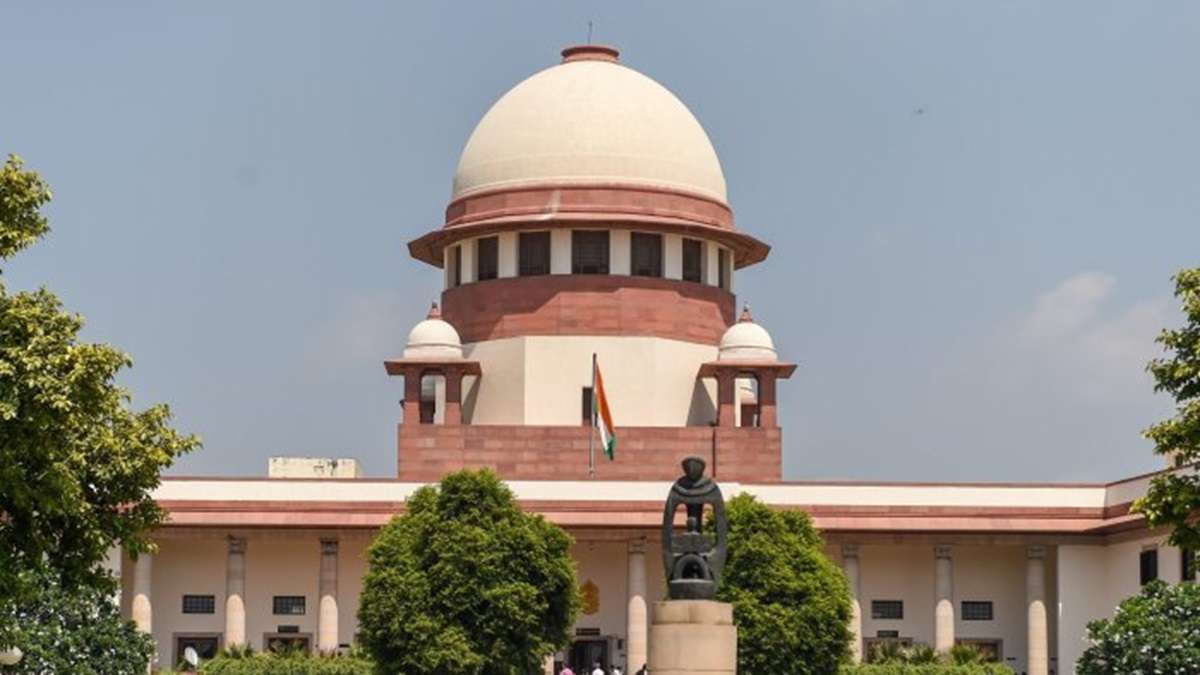The Supreme Court has affirmed that the interest-free or concessional loans provided by banks to their employees are considered “fringe benefits” and are subject to taxation. A bench of Justices Sanjiv Khanna and Dipankar Datta emphasized that the loan privilege enjoyed by bank staff is distinct and constitutes a “perquisite,” contrasting it with “profit in lieu salary,” which serves as a form of reward or compensation for past or future services.
What did the court say?
“It is incidental to employment and in excess of or in addition to the salary. It is an advantage or benefit given because of employment, which otherwise would not be available,” the bench stated, as per the Economic Times. Although the court upheld the income tax regulation, it clarified that the setting of the State Bank of India’s interest rate as the benchmark was neither arbitrary nor an unequal exercise of power.
“By fixing a single clear benchmark for computation of the perquisite or fringe benefit, the rule prevents ascertainment of the interest rates being charged by different banks from the customers and, thus, checks unnecessary litigation,” the bench said. According to income tax regulations, the interest-free or concessional loan benefits offered by banks to their employees are deemed taxable as “fringe benefits” or “amenities” if the interest rate charged by the bank is lower than the interest rate set by the State Bank of India’s prime lending rate.
Banking Unions challenge income tax rule in court
It should be mentioned here that staff unions and officers’ associations from various banks challenged Section 17(2)(viii) of the Income Tax Act, 1961, and Rule 3(7)(i) of the Income Tax Rules, 1962, citing concerns about their constitutionality. They contended that Rule 3(7)(i) was arbitrary and infringed upon Article 14 of the Constitution by employing the prime lending rate of the State Bank of India as the benchmark, rather than considering the actual interest rate charged by the bank to a customer on a loan.
ALSO READ: RBI proposes stringent rules for funding under-construction projects: What will be the impact?

















































